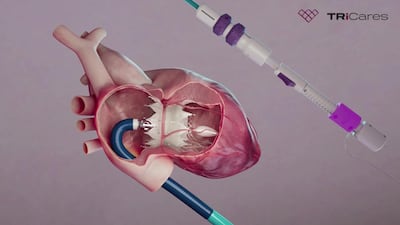Clinical laboratories in the US and Europe today are facing enormous challenges, as funding and reimbursement constraints and shortages in skilled labor bump up against an increasing demand for lab testing to serve aging populations – a dichotomy that is forcing labs to find innovative ways to do more with less. To meet this need, device manufacturers serving this market have been developing automated systems and other technology solutions designed to streamline workflow and greatly improve lab efficiency and throughput, and labs of all sizes are embracing the concept. This trend toward technology-driven efficiency solutions has emerged as an opportunity for manufacturers to improve the market outlook for the immunochemistry, or core lab, segment of the in vitro diagnostics (IVD) market – where 80% to 90% of the testing takes place – at a time when overall IVD market growth in the US and Europe has been fairly lackluster.
The IVD market in the US and Europe is growing at a rate of only about 3% to 4% per year (and the Japanese market is growing even slower), according...
Read the full article – start your free trial today!
Join thousands of industry professionals who rely on Medtech Insight for daily insights
- Start your 7-day free trial
- Explore trusted news, analysis, and insights
- Access comprehensive global coverage
- Enjoy instant access – no credit card required
Already a subscriber?







